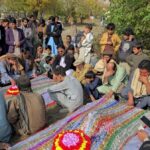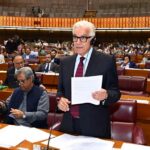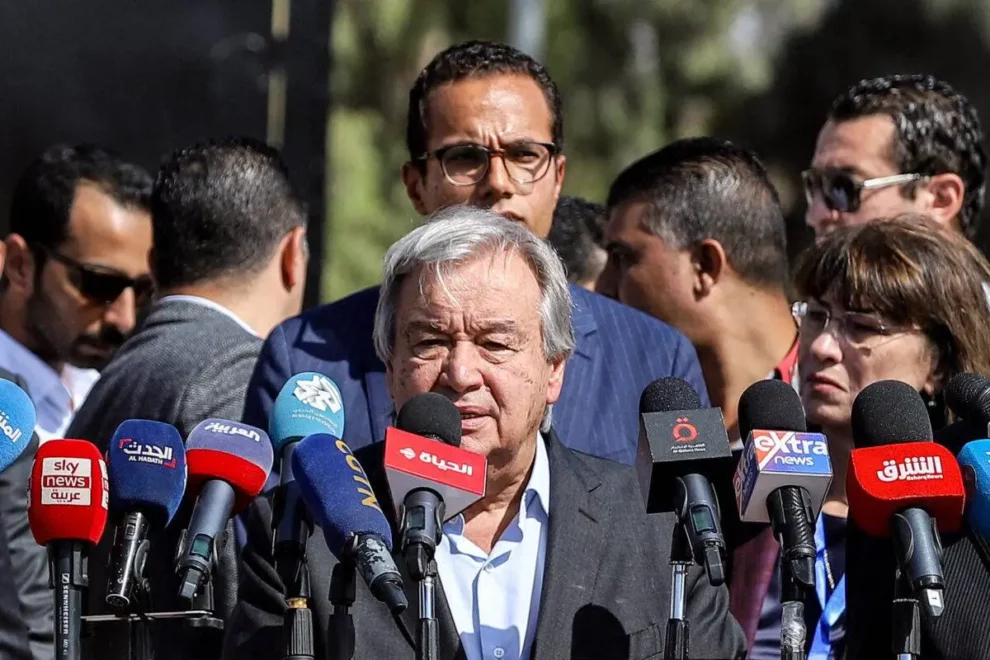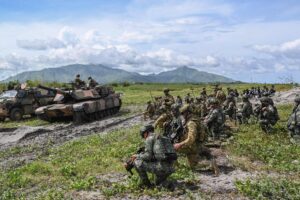Since 2007, the densely populated Gaza Strip, a Palestinian enclave with a population exceeding 2.2 million, has experienced a comprehensive blockade enforced by the State of Israel and its allies. This blockade imposes a multifaceted array of restrictions that encompass control over airspace, land borders and maritime access, with a significant effect on the socio-economic and political dynamics of the occupied territory. This enduring and complex set of limitations continues to have profound implications for the people of Gaza, shaping their daily lives and access to basic resources, as well as the broader geopolitical landscape of the Israeli-Palestinian issue. Increasingly, the Gaza Strip is becoming a land where Israeli violations of international law are the norm, as the occupation state deprives the Palestinian population of food and medicine, electricity and fuel; attacks hospitals and places of worship; and uses white phosphorous bombs against the largely civilian population. In the first week of the invasion, Israel dropped 6,000 bombs on Gaza, around 4,000 tonnes of high explosive. By 25 October, that figure was reported to be 12,000 tonnes, equivalent to the nuclear bomb dropped on Hiroshima by the US in 1945.
The “war crimes” committed in Gaza by Israel have left the world more divided than ever, especially given the complete blockade of food, water, and vital services put in place by the apartheid state. It is imperative to underscore the intricacies of this protracted conflict, which remains fluid and evolving in its dynamics.
The UN has consistently voiced reservations and concerns regarding Israel’s military operations in the Gaza Strip over many years with fervent appeals to the involved parties, urging them to exercise restraint, prioritise the safety of civilians and, ultimately, seek a sustainable ceasefire agreement. While the UN has remained limited in addressing the conflict, its actions reflect the organisation’s commitment to preserving peace, promoting human rights and fostering diplomatic solutions within the context of Palestine-Israel on the ground.
Source : MEMO















